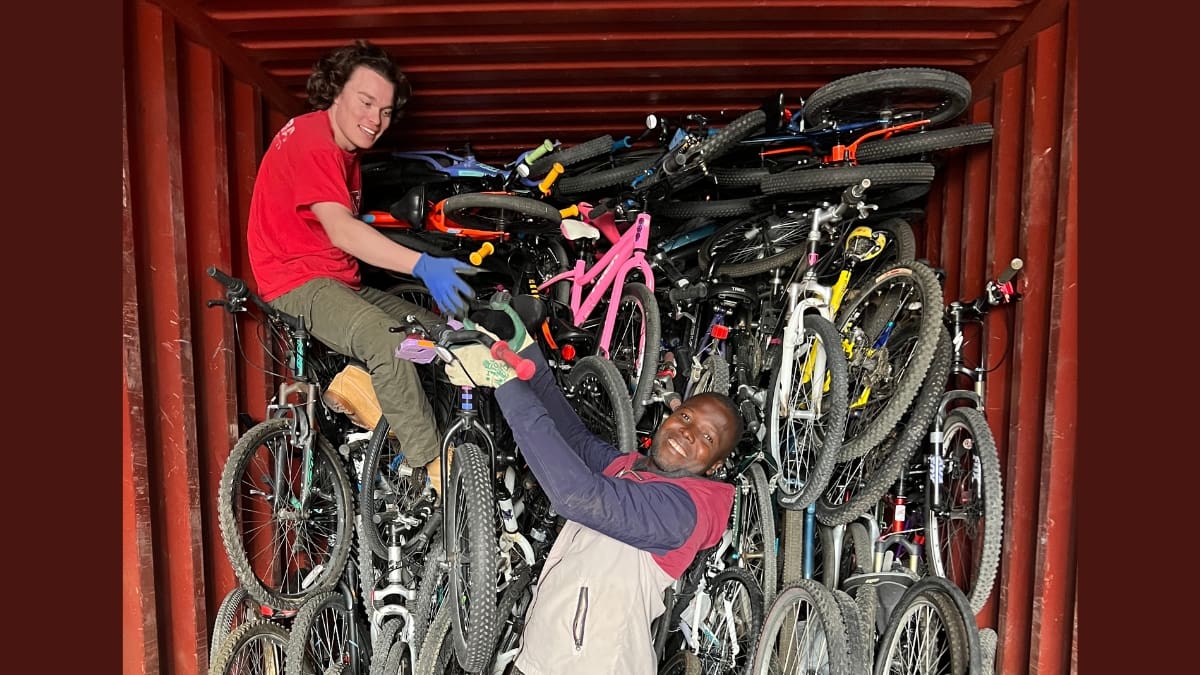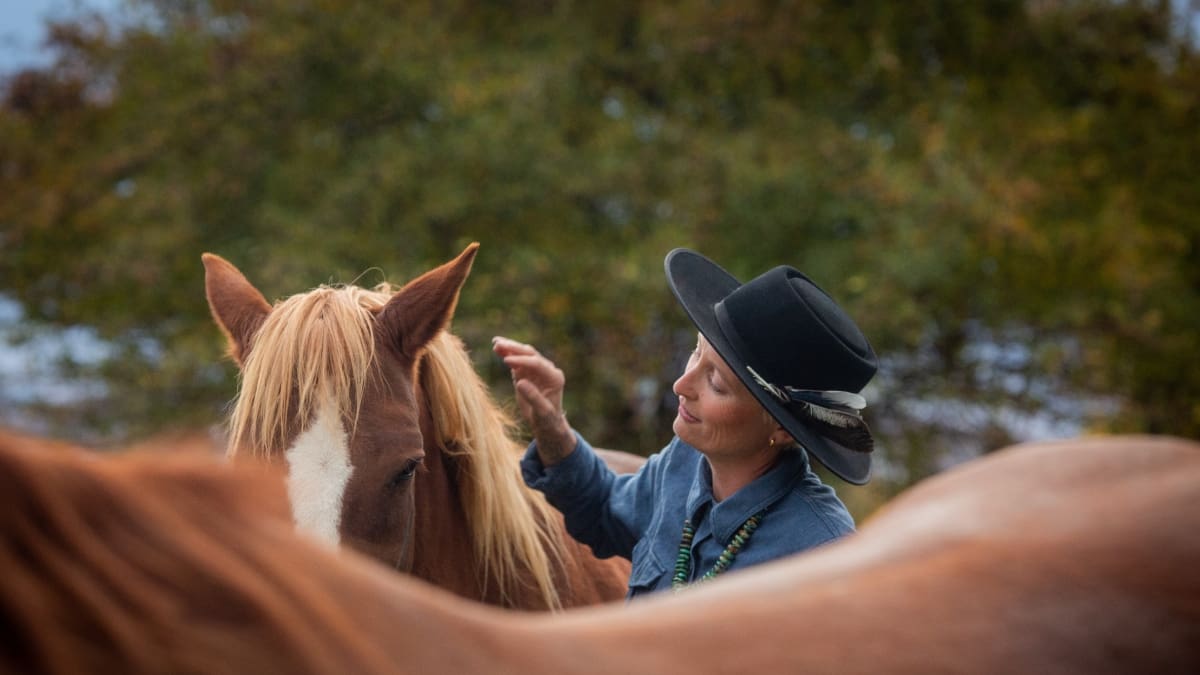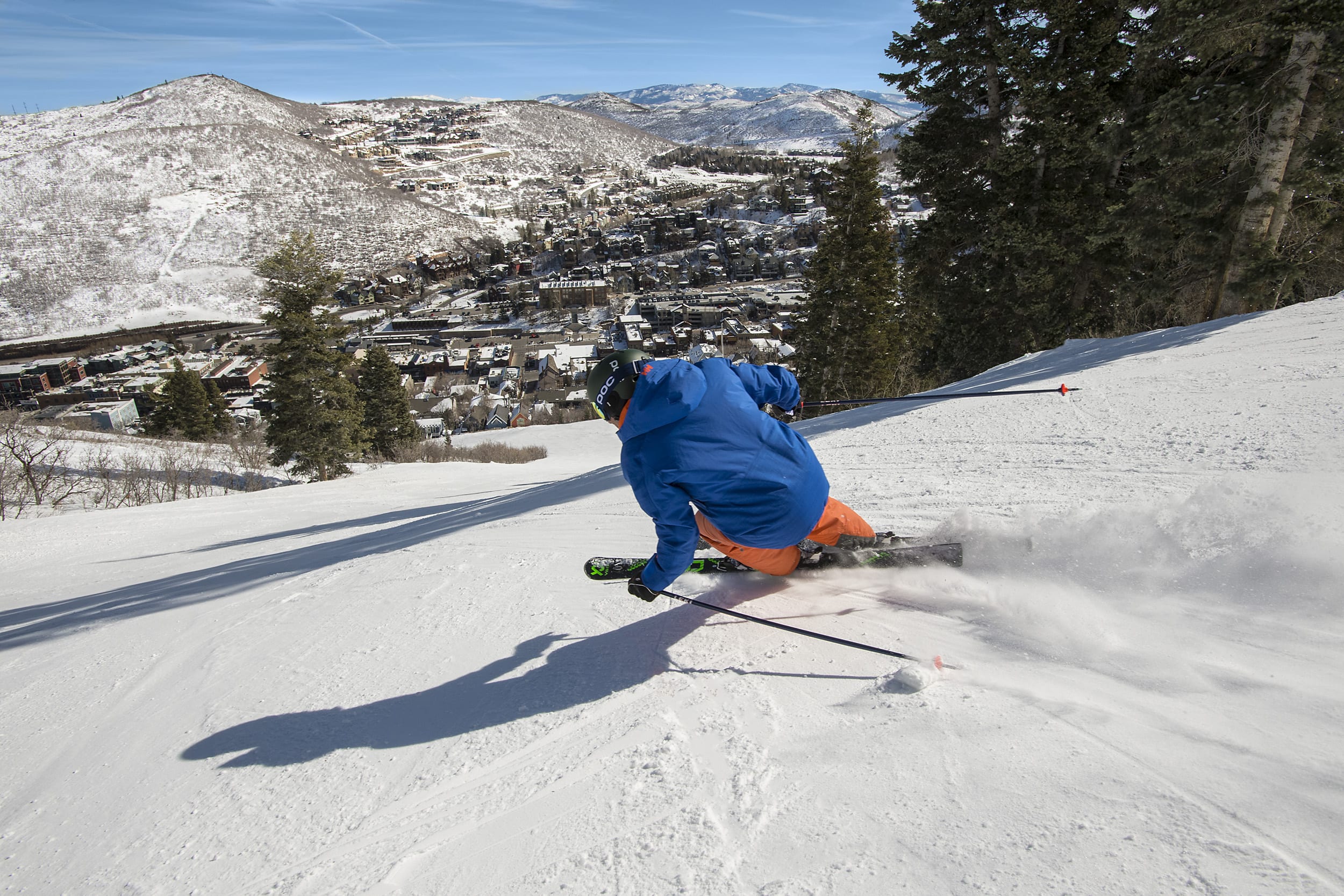Community
Big Brothers, Big Sisters Seeks Mentors
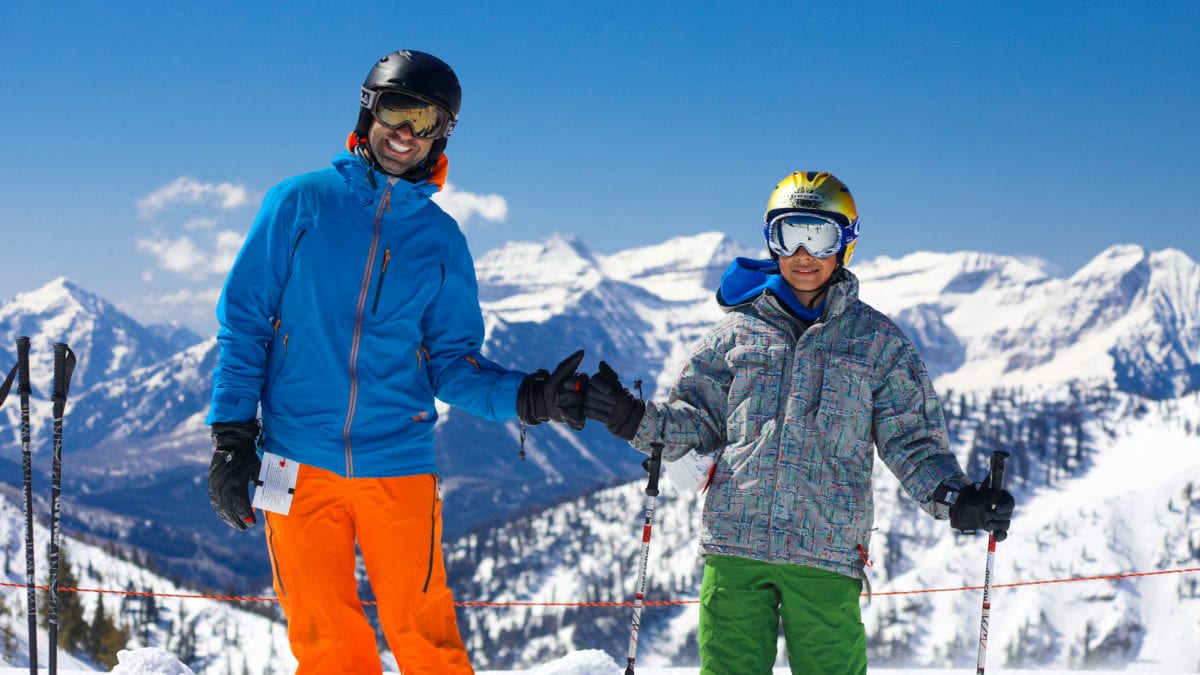
Big Brother Nate, left, and Little Brother Danny, right, spend the day skiing. Photo: Photo courtesy of Big Brothers Big Sisters Utah
PARK CITY, Utah. — Social problems can often hide behind the glamour of a glitzy mountain resort town. However, according to the Park City School District, one-fifth of its students live at an income level that qualifies them for free or reduced-price lunches. That creates an assortment of needs that Big Brothers Big Sisters of Utah wants to address. The organization is on a mission to ignite and defend childrens’ potential in the community, but is in need of mentors to fulfill its goals.
“We need more adults, and especially men, to become mentors. Our boys typically have a longer wait time than girls to be matched,” said Lacey Cole-Rae, manager of the Summit/Wasatch BBBS. “People don’t have to have a special set of skills or necessarily a ton of time. If they’re willing to be flexible and put themselves out there to meet a child, meet their family, and have a friendship with the kid, we need those people.”
The organization has a waitlist of 10 children who need mentors. Cole-Rae said Parkites don’t necessarily recognize the importance. It’s common for volunteers and BBBS to hear, “Why in Park City?”
“This is a huge thing that I hear all the time and often from newcomers, but it’s often from people who’ve lived here a long time,” she said. “I think it speaks to the perception that in an affluent ski town, there are only wealthy people or that social problems don’t exist. And that’s just not the case.”
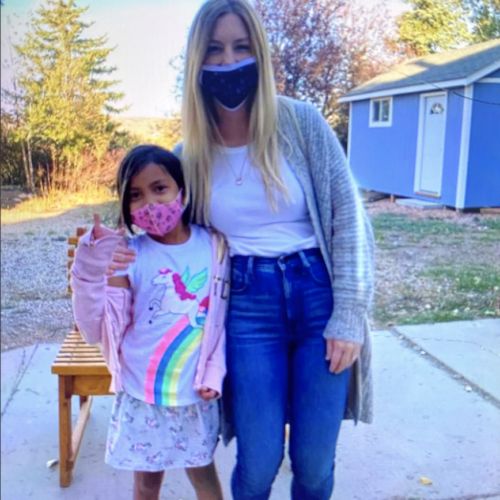
Risk factors that qualify mentees for services include divorce, witnessing domestic violence, or incarcerated parents. Another factor is single-parent or guardian homes that need additional support to stabilize the situation.
“In Park City, lots of kids don’t have the chance to get out in the mountains, whether skiing or snowboarding or even just hiking in the mountains. And that’s something simple that a mentor can definitely do with the kid,” Cole-Rae said.
The need for mentors has grown through the Covid-19 pandemic. BBBS has followed Utah state health information, and mentors have been meeting virtually, in person, or a combination of both. BBBS will use what it’s learned in the future.
“It’s made it a lot more accessible in some ways and lowered some of the barriers for both kids and volunteers. People can sometimes meet in person, and maybe half the time, have a zoom call or play a game online together, where they’re interacting,” Cole-Rae said. “Really the pandemic has forced us to examine how we’ve been doing things and how we can change for the positive. We’re going to take all the good we learned from Covid and move forward and probably be able to serve more people and in a better way than we did before.”
There were 214 new mentor-mentee matches in Park City, Salt Lake City, and St. George in 2020 for a total of 1,001 mentors. Once people become mentors, they often find the work rewarding.
“We look at the events of the world and our nation, and it’s easy to be down on humanity. And then you go hang out with a kid, or you see a mentor having a really fun experience with a kid, and you just come away thinking, man, we were going to be okay,” said Cole-Rae. “These kids are really smart and really creative and really resilient. And at the end of the day, it just makes you feel better about the future for all.”
Cole-Rae explains the significance of mentorship with facts; 96% of BBBSU mentees report having a trusted role model, 84% of mentees say they are less likely to engage in risky behaviors, and 94% report increased social acceptance.
Find out how to get involved at www.bbbsu.org.
This story has been updated to include accurate information about the number of Park City public school students who qualify for free or reduced lunches.
















